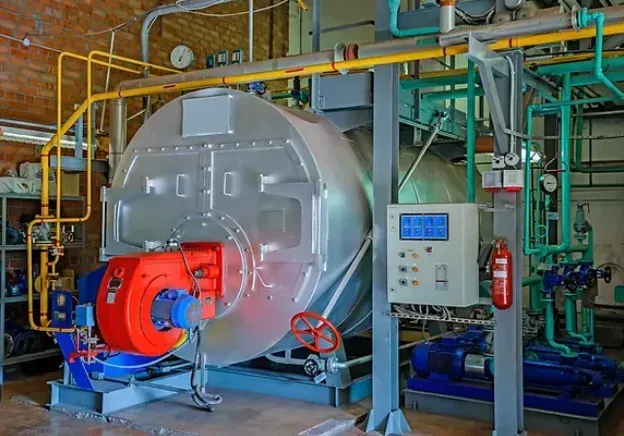What Fuels are Used in Agriculture?
Agriculture is a vital industry that sustains global food production and supply. Behind the scenes, a diverse range of fuels and oils power the machinery and equipment that drive agricultural practices. The use of fuels in agriculture is essential for operating and maintaining farm machinery efficiently. The main types of fuels used are:
Red Diesel
Red diesel fuel is the most common of the agricultural fuels, powering tractors, combines, harvesters, and other heavy equipment. Red diesel offers high energy density and is well-suited for long operating hours, providing the necessary power to perform tasks such as ploughing, planting, harvesting, and transportation.
Biodiesel
Alternative fuels such as biodiesel are gaining traction, offering potential environmental benefits and reduced dependence on fossil fuels. Biodiesel has gained popularity due to its potential environmental benefits. Unlike fossil fuels, biodiesel is derived from renewable sources, reducing the carbon footprint associated with agricultural activities. It contributes significantly lower emissions of greenhouse gases, particulate matter, and sulphur dioxide, resulting in improved air quality and reduced impact on climate change.
Gasoline
Gasoline is commonly used in smaller agricultural equipment such as lawnmowers, chainsaws, trimmers, and portable generators. These tools require a lighter fuel source compared to larger farm machinery.
Propane
Propane, also known as liquefied petroleum gas (LPG), is utilised in certain agricultural applications. It is commonly used as a fuel for heating greenhouses and livestock buildings. Propane-powered equipment, such as forklifts and irrigation pumps, can also be found on farms.
Natural Gas
Natural gas is another fuel source that finds applications in specific agricultural operations. It is often used to power stationary engines for electricity generation or as a heat source for drying crops.
Electricity
With the advancement of technology, electric power is becoming more prevalent in the agricultural sector. Electric tractors, electric irrigation pumps, and electric vehicles for on-farm transportation are examples of machinery and equipment powered by electricity. This shift towards electric power is driven by the desire for cleaner and more sustainable energy options.
Ethanol
Ethanol, derived from plant materials such as corn or sugarcane, is primarily used as a blending component in gasoline. It is commonly found in blended fuels like E10 (10% ethanol, 90% gasoline) or E85 (85% ethanol, 15% gasoline). While ethanol is not widely used as a standalone fuel in agricultural machinery, it plays a role in the overall fuel landscape.
Northern Oil - Agricultural Fuel Specialists
Northern Oil provides our local farmers with agricultural fuels and agricultural oils at reasonable prices. From red diesel to tractor oil we can provide all the agricultural fuels a thriving farm needs.
If you need any red diesel to maintain your agricultural engine's running efficiency or some agricultural oil and lubricants then Northern Oil is here to help. Contact our friendly and knowledgeable team today. It's worth noting that the choice of fuel in agriculture often depends on factors such as equipment specifications, availability, cost, environmental considerations, and regional preferences. The diversity of fuels available allows farmers to select the most suitable option for their specific needs, promoting efficiency, sustainability, and productivity in the agricultural industry.
Agricultural oils play a crucial role in maintaining the performance and longevity of agricultural machinery. Engine oil is perhaps the most well-known agricultural oil, responsible for lubricating and cooling internal combustion engines. It reduces friction, prevents wear and tear, and helps dissipate heat, ensuring optimal engine performance and longevity. Additionally, hydraulic oils are used in hydraulic systems, gear oils in gearboxes, and transmission fluids in transmissions, all contributing to smooth operations and reduced maintenance requirements.













